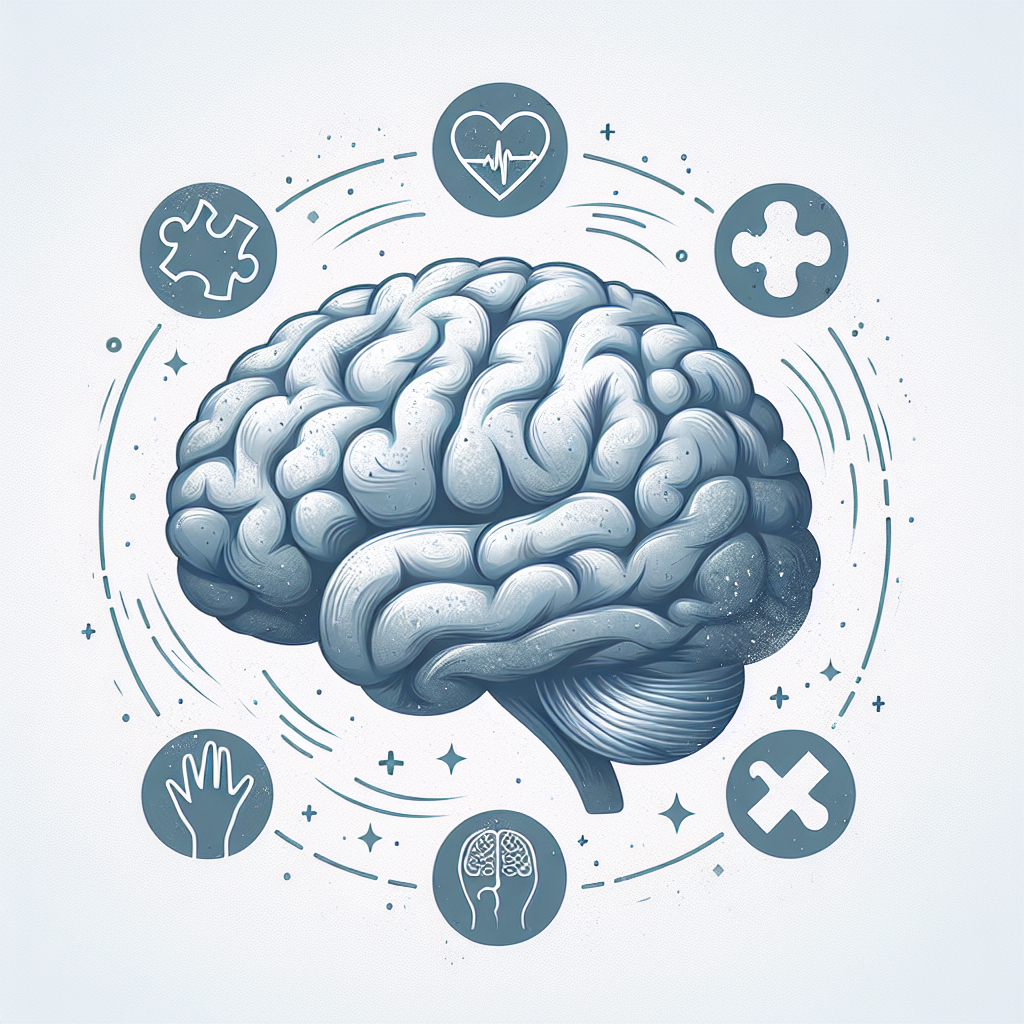Anxiety is a common mental health disorder that affects millions of people around the world. It can manifest in a variety of ways, from general feelings of unease to overwhelming panic attacks. Understanding anxiety is the first step towards managing and treating it effectively.
Symptoms of Anxiety
Anxiety can manifest in a variety of symptoms, including physical, emotional, and cognitive symptoms. Physical symptoms may include rapid heartbeat, sweating, trembling, and shortness of breath. Emotional symptoms may include feelings of fear, worry, and irritability. Cognitive symptoms may include racing thoughts, difficulty concentrating, and excessive worrying.
It’s important to note that everyone experiences anxiety differently, and not all symptoms may be present in every person with anxiety. Some people may experience primarily physical symptoms, while others may experience primarily emotional or cognitive symptoms. The key is to pay attention to how anxiety is impacting your daily life and seek help if needed.
Causes of Anxiety
There are a variety of factors that can contribute to the development of anxiety. Genetics may play a role, as anxiety disorders tend to run in families. Traumatic events, such as abuse, accidents, or natural disasters, can also trigger anxiety. Additionally, chronic stress, underlying medical conditions, and substance abuse can contribute to anxiety disorders.
It’s important to remember that anxiety is a complex disorder with no single cause. It’s often a combination of genetic, environmental, and psychological factors that contribute to the development of anxiety. Understanding the potential causes of your anxiety can help you work towards finding effective treatment options.
Treatment Options for Anxiety
There are a variety of treatment options available for anxiety, including therapy, medication, and lifestyle changes. Cognitive-behavioral therapy (CBT) is a common form of therapy used to treat anxiety disorders. CBT focuses on changing negative thought patterns and behaviors that contribute to anxiety.
Medications, such as selective serotonin reuptake inhibitors (SSRIs) and benzodiazepines, may also be prescribed to help manage anxiety symptoms. It’s important to work closely with a mental health professional to determine the best treatment plan for your individual needs.
In addition to therapy and medication, lifestyle changes can also help manage anxiety. Regular exercise, healthy eating, and stress management techniques, such as mindfulness and meditation, can all play a role in reducing anxiety symptoms. It’s important to find what works best for you and incorporate it into your daily routine.
FAQs
Q: How do I know if I have anxiety or just normal stress?
A: It’s normal to experience stress from time to time, but if your symptoms are persistent and impacting your daily life, it may be indicative of an anxiety disorder. It’s important to speak with a mental health professional to determine if you have anxiety and to explore treatment options.
Q: Can anxiety be cured?
A: While anxiety disorders cannot be cured, they can be effectively managed with the right treatment plan. With therapy, medication, and lifestyle changes, many people are able to reduce their anxiety symptoms and lead fulfilling lives.
Q: Is it possible to manage anxiety without medication?
A: Yes, it is possible to manage anxiety without medication. Therapy, lifestyle changes, and stress management techniques can all play a role in reducing anxiety symptoms. It’s important to work closely with a mental health professional to determine the best treatment plan for your individual needs.
Q: Is anxiety a sign of weakness?
A: No, anxiety is not a sign of weakness. It is a common mental health disorder that affects millions of people around the world. Seeking help for anxiety is a sign of strength and self-awareness.
In conclusion, understanding anxiety is crucial in order to effectively manage and treat this common mental health disorder. By recognizing the symptoms, understanding the potential causes, and exploring treatment options, individuals can work towards reducing anxiety symptoms and improving their overall well-being. If you believe you may be experiencing anxiety, don’t hesitate to reach out to a mental health professional for help.




Leave A Comment